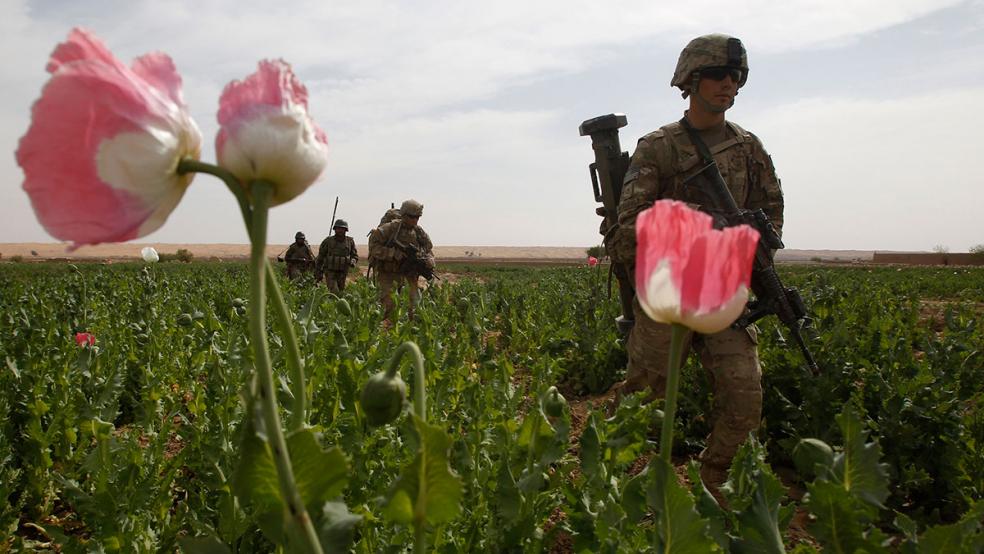Last week, the United States signed a bilateral security agreement that will end America’s longest war. Unfortunately, that war won’t be over for another decade, and could last longer than that.
Under the terms of the bill, about 12,500 NATO forces would remain in Afghanistan until at least 2024; some 10,000 of them would be American. They would continue to train Afghani forces, and would have access to Afghan military installations.
Related: The War No One Is Watching Just Got Much Worse
It remains unclear how much it would cost to keep American troops in Afghanistan for the next decade. Previous estimates by The Fiscal Times indicate that $111 billion could be saved if all American troops were to leave the country now.
The White House has been publicly praising the bill, highlighting the fact that the American financial commitment to the Afghan army will end in 2017. However, a closer examination reveals that not much is going to change under the terms of the deal.
For instance, it was already known that the majority of American troops would be leaving at the end of this year. The only new information the agreement reveals is that American troops could be in Afghanistan for an additional decade (the agreement does include ways for the parties involved to back out).
This is a dramatic shift in the Obama administration’s timeline. In 2010, Vice President Joe Biden promised that American troops would be out of Afghanistan by 2014 “come hell or high water.” Then last spring, and with former Afghan President Hamid Karzai refusing to sign the security deal, Obama announced that the majority of troops would leave by 2015.
Related: Hagel Threatens Complete Withdrawal from Afghanistan
In a recent interview, Alexander Vershbow, deputy secretary general of NATO, told The Fiscal Times that NATO was unable to finalize long-term security plans because of the uncertainty over who would be Afghan president (Ashraf Ghani recently was named president through a power sharing agreement).
“It’s obviously very uncertain, who is going to sit in the chair,” Vershbow said.
Perilous Time
News of a prolonged American deployment comes amid a new offensive by the Taliban. Multiple reports claimed Taliban suicide attacks killed seven Afghan soldiers and wounded some 20 others the day after the agreement was signed.
“By signing the agreement, the status of the Kabul administration, in particular the status of soldiers and police, is clear,” the Taliban said in a statement. “They are working for the interests of others, and their killing is important.”
Related: With Eyes on ISIS, America's $104B in Afghanistan Is Failing
It also comes amid growing concerns that Afghanistan could suffer the same fate as Iraq, where past U.S. strategy closely mirrors plans for the future in Afghanistan. Senior officials in Afghanistan and Pakistan, as well as Indian President Narendra Modi, are all urging the president to consider his withdrawal decision.
"We requested to America, regarding the defense withdrawal subject -- please do not repeat the mistake that you did in Iraq," Modi said in New York at the Council on Foreign Relations. “Because after [the] withdrawal from Iraq, you know what happened there. So the withdrawal process from Afghanistan should be very slow, and only then can we stop the Taliban from emerging its head."
Top Reads from The Fiscal Times
- How ISIS Terrorists Forced Obama Out of Retirement
- Our Intelligence Director Dismissed ISIS: Why Does He Still Have a Job?
- Obama’s ISIS Strategy Will Be His Jimmy Carter Moment





